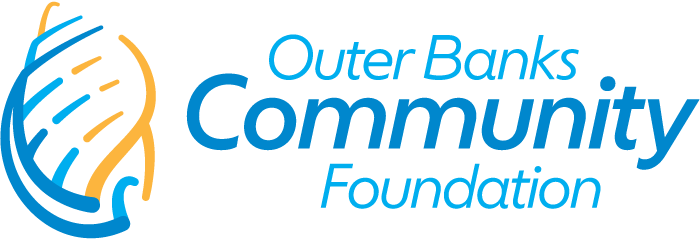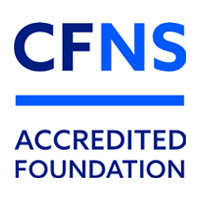Scenario: Client with Rental House Wants to Sell but Needs Income
Your client has had a beach house for a number of years but now wants to downsize and simplify her life. There is no mortgage on the property. Your client no longer uses the beach house, can’t keep it up herself, and doesn’t want to bother with a rental management company. Yet, she’s been receiving rental income off the property, and honestly needs that income. And she certainly doesn’t want to pay the capital gains tax on this appreciated piece of real estate.
Solution: Charitable Remainder Trust
If your client is charitable, suggest that she consider donating the property to create a charitable remainder trust with the Outer Banks Community Foundation. You can serve as trustee, or the Community Foundation can. (Some of your clients may prefer to self-trustee, but the client in this scenario one probably won’t.) The gift is eligible for an income tax deduction, and capital gains tax is avoided. The trust sells the property and reinvests the proceeds in income-producing assets. Your client then receives income for life from the trust, either a fixed dollar amount (i.e., a charitable remainder annuity trust) or a fixed percent of the trust’s assets (i.e., a charitable remainder unitrust). She can even name a second beneficiary to receive those payments after her lifetime. At the end of that period, the remainder goes to the Community Foundation for an endowment to benefit your client’s charitable interests. It could be a grant-making fund, a scholarship fund, or a designated fund for your client’s favorite charities. (Click here for more on tax advantages of CRTs.)
Scenario: Client Wants to Gives Scholarships
Your client wants to give scholarships to help local students attend college, but she has no idea where to start. She’s asking you all sorts of questions: Should she start a 501c3—and isn’t that a lot of work? How can she get a tax benefit from the gift? Can she limit the scholarship to students who meet certain criteria, like financial need, or a certain GPA, or a particular field of study? Can she be involved in the selection? Can she name it for her late husband?
Solution: OBCF Scholarship Fund
Your client certainly does not need to start a 501c3 to establish a scholarship or to get a tax benefit from doing so. You might suggest that she start her scholarship with the Outer Banks Community Foundation. With more than 60 different scholarship programs in our management, we are the local scholarship experts and are committed to conducting our scholarships to IRS charitable standards, thus assuring the tax-deductibility of your client’s gift. Your client can establish her scholarship with any number of various criteria, including GPA, financial need, field of study, geography, extracurriculars, and more. She can even be involved in reading applications and/or presenting the awards—or she leave everything entirely to the Community Foundation, based on her parameters. Click here for all the details. And yes, absolutely, she can name it for her late husband, and establishing this scholarship in his name would be a wonderful way of cherishing his memory and continuing his legacy.
Scenario: Older Client Doesn’t Need His IRA Distribution
Your client is turning 70 and will shortly be required to take a minimum distribution from his IRA. However, he doesn’t need the distribution; maybe he’s still working, or maybe he has some other source of income. He’s vexed about paying taxes on a distribution that he doesn’t need. Maybe the income is even going to move him into a new tax bracket.
Solution: IRA Rollover Contribution
If this client is charitable, and he really doesn’t want to take the distribution, he should definitely consider shifting some or all of his giving to come from his IRA. If he donates to his favorite charities directly from his IRA, the money is tax-free; it is never added to his income, and the contributions count toward his required minimum distribution. Win win win.
Scenario: Former Itemizers Seek Tax Benefits for Giving
Your clients have been itemizing their charitable contributions—and receiving a nice income tax deduction for their gifts. However, they don’t have a big mortgage or high medical costs, so starting in 2018, their best option is to take the new, increased standard deduction. Now they are seeking your advice for other ways to gain a tax advantage from their giving.
Solutions:
- IRA Rollover Contributions: If either person is age 70½ or older, suggest that they consider donating directly from an IRA rather than from their cash accounts. From a tax perspective, this is even better than their old strategy of itemizing, because direct IRA contributions are never added to their income to begin with.
- Shift to Stock Gifts: If your clients have both cash and stock assets, suggest that they consider donating some appreciated stock instead of cash. Even if they don’t itemize, they can at least avoid the capital gains tax.
- Bundling Gifts: If your clients have some flexibility in their budget, and they normally give each year to their favorite charities, you might suggest that they consider combining the donations they might have made over two or more years into one gift in one year. By combining them into one tax period, it’s possible those donations could be enough to justify itemization. A donor-advised fund is a great repository for those bundled gifts, because then your clients can make grants from that fund for years to come. A donor-advised fund with the Outer Banks Community Foundation can be established with as little as $5,000.
Scenario: Client Wants to Endow Small Nonprofit
Your client wants to leave a portion of his estate to a local nonprofit that has meant a lot to his family. However, this nonprofit is small, and run entirely by volunteers, and there are no investment-savvy folks on its board of directors. It’s not that he thinks the nonprofit would squander his gift, but he wants assurance that they won’t use his money all at once. He wants to know that it will be a lasting, well-invested gift that can sustain the group for years. He’s also asking what would happen if the nonprofit were to dissolve—who would get his money then?
Solution: OBCF Designated Fund
Many of your clients will have specific, favorite charities that they wish to benefit with a bequest. However, many small and even medium-size nonprofits don’t have the capacity to successfully invest and manage an endowment. Done right, endowments really are a lot of work. For those nonprofits especially, you might suggest that your client leave his bequest to the Outer Banks Community Foundation for a fund designated for his favorite nonprofit. This will ensure that the bequest leaves a lasting legacy in your client’s name, and sustains his chosen nonprofit for years to come, without costing that group precious time and money. Click here for sample bequest language for your client’s will. We do recommend that your client complete some short (nonbinding) paperwork with us now so that we have all of his instructions in writing and he can keep his will simple. The paperwork can include provisions for how the Community Foundation should use his gift should his intended beneficiary (the small nonprofit) dissolve or lose charitable status.


